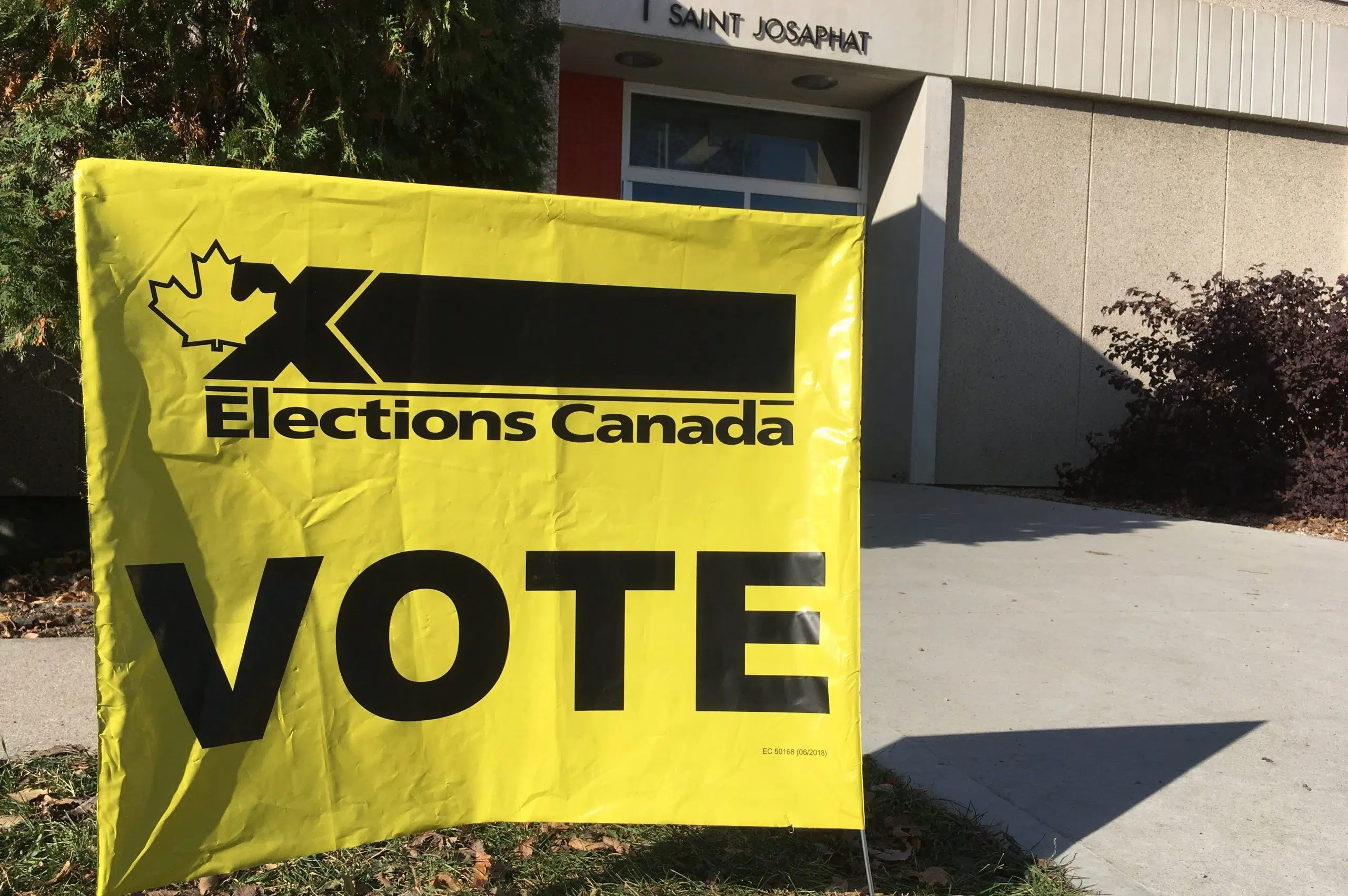The Regina-Qu’Appelle riding now has the distinction of being the one with the largest number of candidates who have been rejected from the ballot, according to an electoral activist.
However, Elections Canada said that claim couldn’t be verified.
This comes after a campaign by Winnipeg legal assistant Kieran Szuchewycz to change Canada’s electoral system — specifically, the requirement that, to be eligible, a candidate has to get 100 signatures from people in the riding who support their candidacy.
For the 2015 federal election, Szuchewycz went to court to challenge the requirement that candidates pay a $1,000 fee to Elections Canada. He won, so candidates no longer have to pay it.
Szuchewycz believes such regulations and requirements stand in the way of people executing their constitutional right to run for office.
He cites Section 3 of the Charter of Rights and Freedoms, which reads: “Every citizen of Canada has the right to vote in an election of the members of the House of Commons or of a legislative assembly and to be qualified for membership therein.”
Szuchewycz was unavailable for comment, but he was working with Sebastian Corriveau, leader of the Rhino Party, in the endeavour. Corriveau is running in the Quebec riding in downtown Quebec City.
Corriveau explained that Szuchewycz came to Regina and collected more than 100 signatures in the riding, but instead of the paper having his name in the heading, it said “all candidates,” and the people who signed the paper supported the idea that all candidates should be able to run.
Szuchewycz then put out a call online, asking for anyone who wanted to run against Conservative Party Leader Andrew Scheer or Liberal Party Leader Justin Trudeau. Corriveau said the Trudeau riding didn’t go through because Szuchewycz couldn’t make it there to collect signatures.
Szuchewycz’s website, where people apply to be a candidate, reads:
“The Liberal and Conservative parties are the only real contenders for power, and we know neither Justin Trudeau nor Andrew Scheer are interested in reforming a system rigged to grant them incredible personal power and influence. The more of us who exercise our Charter right and stand against them, the more pressure we will bear on the administrative and conceptual limits of our electoral system.”
Corriveau echoed those sentiments, calling the current electoral process a joke.
“The rules of how we vote are written by the party that wins the election — there’s no way that the party that has not won the election can write the electoral law,” said Corriveau.
“These rules are ridiculous, so that’s why we’re fighting in the small things that we’re able to do.”
In an email, Szuchewycz said about 30 people signed up to be candidates, but only 12 — including himself — got far enough to submit applications before the deadline.
Szuchewycz’s application was accepted, as was the application of the Rhino Party candidate Éric Normand, using the same signatures; they’re both on the ballot. However, the remaining 10 were ultimately refused.
Szuchewycz took the case to court, but the court sided with Elections Canada.
“We believe Canadians should only be prevented from standing for election if there is a damn good reason, and no one should be prevented from exercising their rights on what are bureaucratic technicalities,” wrote Szuchewycz in a media release.
In the release, Szuchewycz said he and others “will continue to challenge our broken democracy until the political establishment answers the widespread calls for fundamental democratic reform.”
Editor’s note: This story has been updated to correct Kieran Szuchewycz’s title to legal assistant











